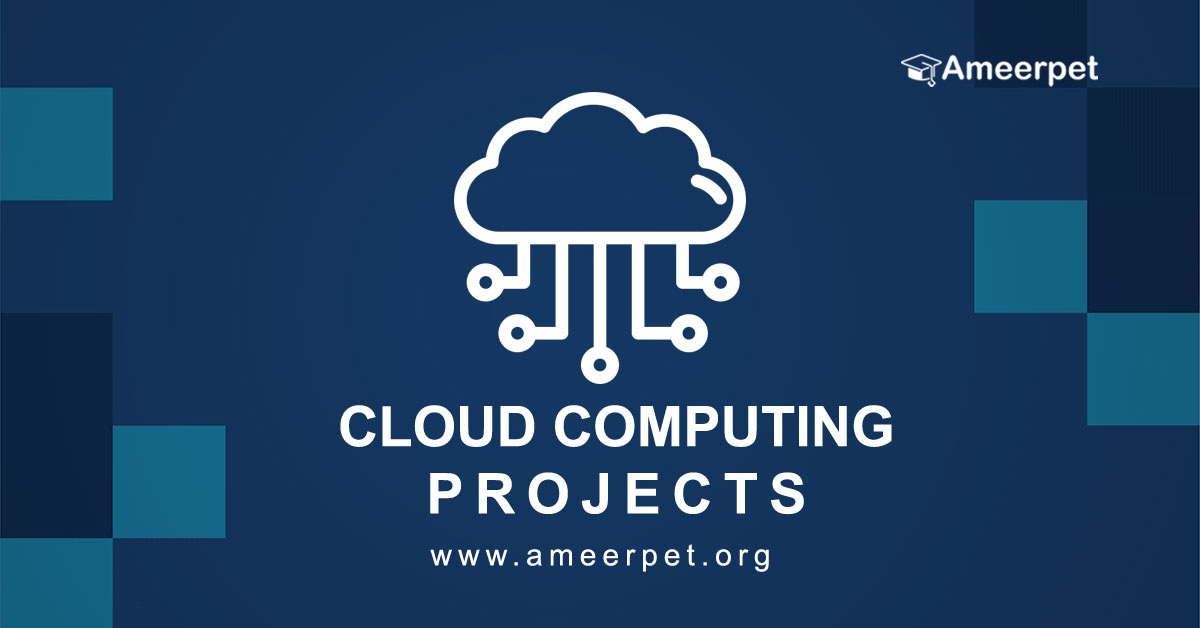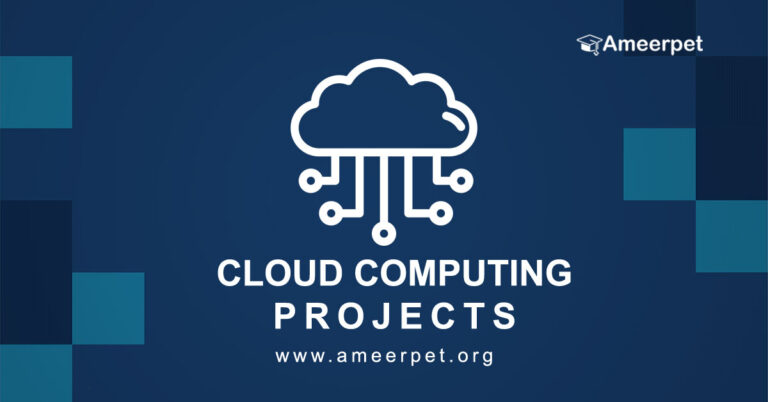
Abstract:
In delegated computing, encrypted signal processing can protect sensitive signals from untrusted cloud servers and unauthorized users without affecting the accuracy of large-volume signal analysis and processing.
Most approaches use Paillier’s public key additively homomorphic encryption to encrypt each signal in a large bundle, incurring significant computational costs at local, often resource-constrained devices while guaranteeing only signal input privacy.
This paper proposes PPDWT-1 and PPDWT-2, an efficient privacy-preserving outsourced discrete wavelet transform scheme without public key (fully) homomorphic encryption, to address these limitations. PPDWT-1 protects signal input privacy from the honest-but-curious cloud and unauthorized users, while PPDWT-2 protects coefficient privacy from collusion attacks.
Both constructions encrypt batch signals and process them in the encrypted domain by offlinely executing any one-way trapdoor permutation once. Our discrete wavelet transform results are only decipherable by authorized users.
Our approach has O(1) computational complexity on the user’s end, compared to O(|l|) in state-of-the-art public key homomorphic encryption-based techniques. The expanding factor, upper bound, and privacy-preserving discrete cosine/fourier transform extensions in the encrypted domain are also discussed. Finally, the universal composability (UC) model proves our PPDWT secure. Case studies demonstrate the approach’s efficacy and viability.
Note: Please discuss with our team before submitting this abstract to the college. This Abstract or Synopsis varies based on student project requirements.
Did you like this final year project?
To download this project Code with thesis report and project training... Click Here


